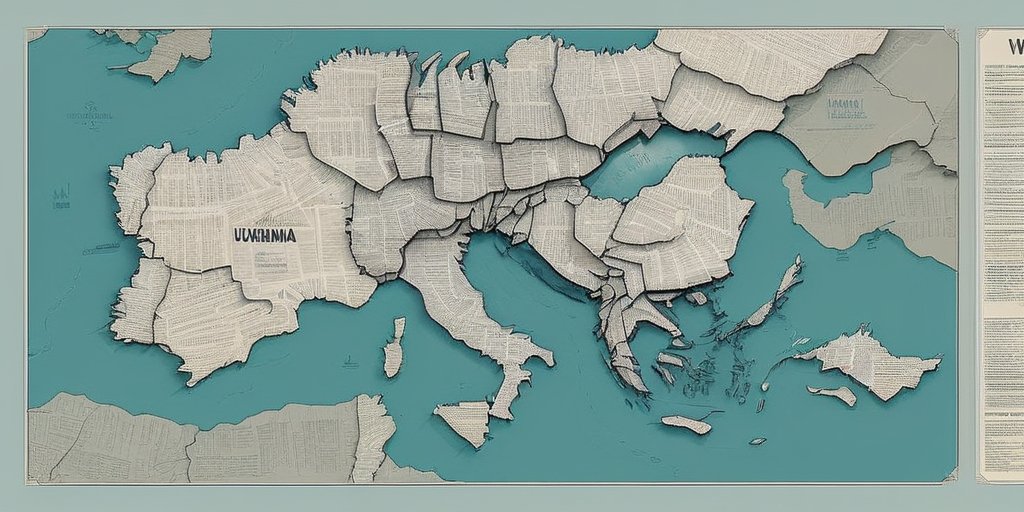In a recent interview, Donald Trump’s special envoy on Ukraine, Steve Witkoff, openly criticized United Kingdom’s opposition leader Sir Keir Starmer’s proposal for an international force to support a ceasefire in Ukraine. Witkoff, while speaking to journalist Tucker Carlson, described Starmer’s plan as merely “a posture and a pose,” asserting that it stemmed from a misguided belief that leaders like Starmer must emulate Winston Churchill’s wartime resolve.
Witkoff further elaborated his views on the complexities of the Ukraine conflict, emphasizing that both the U.S. and European leaders may not fully grasp the historical and geopolitical implications of the situation. During the interview, he expressed his admiration for Russian President Vladimir Putin, claiming he does not perceive Putin as a ‘bad guy’ but rather a knowledgeable leader.
He recounted a recent meeting with Putin, detailing how the Russian president had been gracious and even prayed for Trump after a past assassination attempt. Witkoff’s remarks raised eyebrows as he shifted focus towards discussing territorial claims in Ukraine. He echoed Russian sentiments by suggesting that Ukrainian regions now under Russian control deserve acknowledgment as rightful territories of Russia, which he claimed were historically and constitutionally significant.
The envoy’s statements diverged sharply from widely accepted narratives, particularly regarding alleged referendums in occupied Ukrainian regions and the characterization of these territories. Witkoff’s ability to accurately recount the various regions officially recognized as Ukrainian was also called into question, prompting further discussions about the validity of his assessments.
As discussions of peace negotiations continue, Witkoff asserted that a ceasefire is on the horizon, predicting effective implementation in the Black Sea region soon. He outlined Trump’s vision for a post-war cooperation framework with Russia, encompassing energy policies and international collaborations such as AI development, sparking diverse reactions across political lines.
Given these developments, the diplomatic landscape surrounding the Ukraine conflict remains fraught with complexities, as both U.S. and European leaders navigate their respective roles and responsibilities amid calls for peace and cooperation with Russia.
